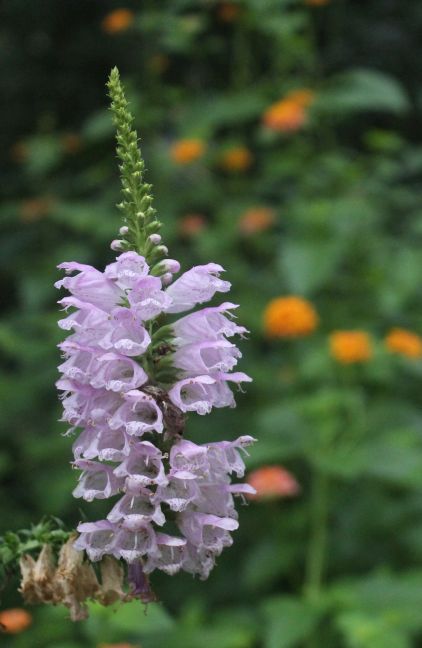The Call – Stroope/Herbert

Come, my Way, my Truth, my Life:
Such a Way, as gives us breath:
Such a Truth, as ends all strife:
Such a Life, as killeth death.
Come, my Light, my Feast, my Strength:
Such a Light, as shows a feast:
Such a Feast, as mends in length:
Such a Strength, as makes his guest.Come, my Joy, my Love, my Heart:
George Herbert
Such a Joy, as none can move:
Such a Love, as none can part:
Such a Heart, as joyes in love.
The Call was first a poem penned by George Herbert (1593-1633), a poet, orator and priest of the Church of England. It is one of the dozens of poems in The Temple, published in the year of his death at age 39. Herbert is considered a Metaphysical poet noted for use of direct language in an abstract setting. The Call couples the metaphysical identities of Jesus articulated in 14:6 “I am the way, the truth, and the life” with the invitation of these identities into our lives, as found in the late verses of Revelation 22.
Ralph Vaughan Williams set The Call, along with other poems from The Temple, to music in Five Mystical Songs (1911) originally written for baritone voice [1]. This version of The Call has been employed in worship recently at ESUMC; it has also been adapted for use as a hymn, #164 in our current hymnal.
Z. Randall Stroope (b. 1953) published his implementation of The Call in 2006 (listen). True to the original text, it employs an up-beat major theme building to the end, with some use of syncopation.
Stroope is an American composer, conductor, and sometimes faculty member. He is said to have published over 190 works including choral and instrumental works.
__
- [1] Vaughan Williams has been discussed in these pages here.
- https://en.wikipedia.org/wiki/George_Herbert
- https://www.ccel.org/h/herbert/temple/Call.html
- https://en.wikipedia.org/wiki/Five_Mystical_Songs
- https://en.wikipedia.org/wiki/Z._Randall_Stroope
- https://www.zrstroope.com/